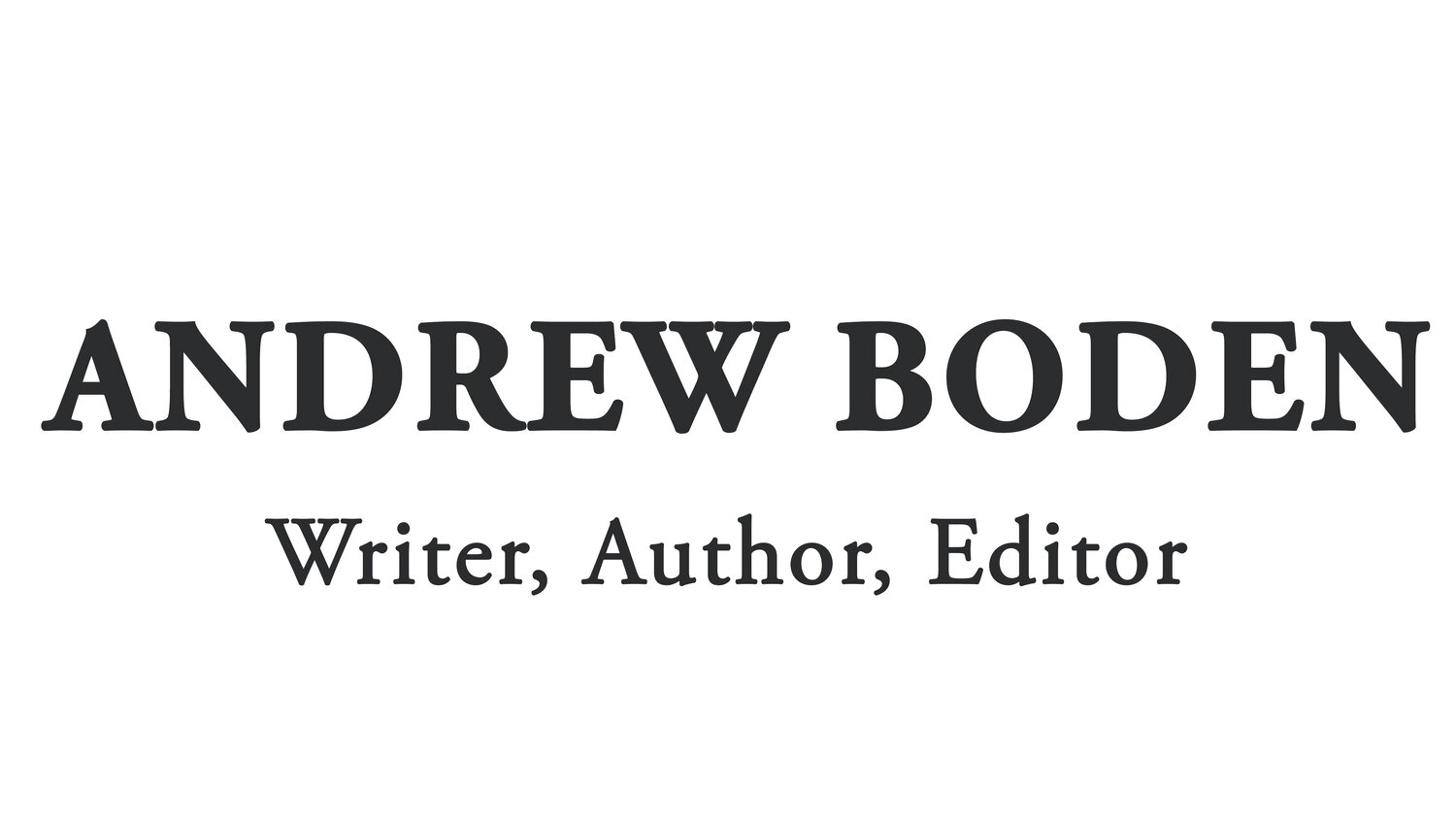PRESS
Very pleased to be interviewed on Shawn Breathes Books about my novel, When We Were Ashes.
See the full interview here.
When We Were Ashes is ranked one of CBC Books’ “20 Canadian books to mark International Day of Persons with Disabilities.”
Read the full article here.
— CBC Books
“B.C. author Andrew Boden’s debut novel is a heartbreaking story about a survivor of one of humanity’s lowest moments. Boden explores themes of loyalty, complicity and shame in this short but beautifully-written novel about a young man who survived Aktion T4, the Nazis’ attempt to exterminate all people with disabilities.”
Read the full review here.
— Kathryen Cardwell, The Winnepeg Free press
“When We Were Ashes is a powerful novel, flawlessly executed and emotionally resonant. It is haunting, and its words have stayed with me long after I closed the book. Boden’s triumph is to marry the unthinkable cruelty of a world gone mad with a firmly rooted sense of human dignity that uplifts the human spirit.”
Read the full review in the British Columbia Review here.
— TRish Bowering, The British Columbia Review
“In a market saturated with tales of World War ll, When We Were Ashes is an amazing read that stands out in the genre. Despite a bleak setting, Boden gives us a story of love and hope, and a ray of light in the darkness of Nazi Germany.”
Read the full review here.
— Lori Green, The Miramichi Reader
“A haunting story that interweaves the heartbreaking past with the still hopeful present, When We Were Ashes celebrates courage even in the face of unendurable grief. Andrew Boden succeeds in shining a light into one of the least-remembered of Nazi atrocities.”
— Anna Porter, author of Gull Island
“There is almost a fairy tale quality present in “When We Were Ashes,” a lightness of magic realism that contracts with the darkness.”
Read the full article here.
— Barry Coulter, Cranbrook Daily Townsman
About When We Were Ashes: “A powerful and moving novel of endurance and humanity under terrible circumstances, one that rewards a reader’s devotion.”
— Antanas Sileika, author of Some Unfinished Business
‘Newly published, “The Secret History Of My Hometown” brings an element of the fantastic to Cranbrook’s story, but in ways that would seem entirely possible, if the little details and day-to-day accidents of history had twitched just a little.
‘One sees the same town, but in a new light.’
— Barry Coulter, Cranbrook Daily Townsman
“Andrew Boden is the author of The Secret History of My Hometown, which is a brilliantly imagined history of his hometown, Cranbrook in British Columbia.”
— SAfia Shah, Founder of Kashfi’s Children and author of AFghan Caravan and Carnaby Street's Great Uninvited. Quoted From How Stories Can Help Exercise Your Child’s Brain
‘Wonderfully inventive and expansive, Andrew Boden’s The Secret History of My Hometown is an audacious debut. Set firmly in the interior of British Columbia yet embracing world history throughout the late 19th and post-war 20th centuries, these fictions bristle with intelligence and dark humour. A prescient fetus and a literate dog are only two of the wonders you’ll encounter in this profoundly entertaining and entertainingly profound collection.’
— Zsuzsi Gartner, Giller-Prize shortlisted author of Better Living Through Plastic Explosives and Writers Trust Fiction Prize finalist for The Beguiling
‘In 2010, the Journey Prize was at it again, promoting “the best of Canada’s new writers.” This year’s selection is edited by Pasha Malla, Joan Thomas and Alissa York, and I have no dispute with their picks, chosen from short stories initially published in small, literary magazines. The Journey Prize, of course, includes a $10,000 cheque to the best of the best.
‘Money aside, congratulations to the Vancouver Review. Two of the most remarkable stories here (in my opinion) were initially published there: Danielle Egan’s “Publicity” and Andrew Boden’s “Confluence of Spoors.” Krista Foss’s “The Longitude of Okay” was excellent, as was Lynn Kutsukake’s “Mating,” Mike Spry’s “Five Pounds Short and Apologies to Nelson Algren,” and Andrew MacDonald’s “Eat Fist.”’
— From the Underground Book Club, “a blog by Michael Bryson, founder of The Danforth Review.”
‘“Confluence of Spoors” is a good example of a story, too, that deserves and benefits from repeat readings. To me that’s the mark of a truly strong piece of short fiction: something that engages on the surface, but then, when you go back to it a second (and third time), gets richer, more nuanced and layered.’
— Pasha Malla, The Journey Prize Stories: 22
“Pop Goes the Zastava” by Andrew Boden also explores themes of memory and family. The story centres around a father-son hunting trip, integrating present-tense scenes with memories of the father’s experiences during the Croatian War of Independence. A tense, carefully written piece about the lasting effects of war.’

